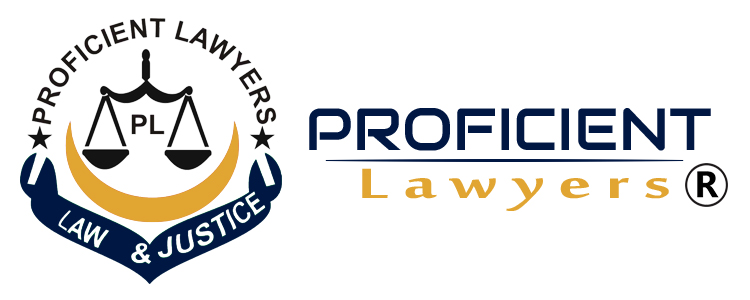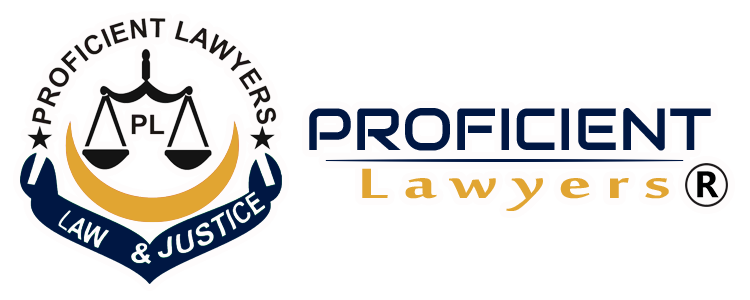A cognitive-affective state that emerges in humans when one perceives a personal wrong-doing; it can be adaptive and helpful in increasing the likelihood that behavior remains consistent with one’s values. There are several “disease models,” but addiction is widely considered a complex disease with biological, neurobiological, genetic, and environmental influences among clinical scientists. Psychoactive substance that decreases levels of physiological or nervous system activity in the body decreasing alertness, Living in a Sober House: Fundamental Rules attention, and energy through decreased heart rate, blood pressure, and respiration rates. The intimidation of a victim to compel the individual to act against his or her will by the use of psychological pressure, physical force, or threats.
Certain thoughts, feelings, and events may trigger cravings and urges for drugs and alcohol, leading up to a relapse 4. It is important to recognize that addiction is a disease and should be treated as such. Individuals struggling with addiction require comprehensive and individualized treatment plans that address both the physical and psychological aspects of the disease. In order to navigate the world of addiction recovery, it is important to have a clear understanding of addiction and the recovery process. Support groups can take various forms, including in-person meetings, online forums, or virtual gatherings.
Relapse Rates for Different Substances
By recognizing personal strengths and developing a clear direction for their sober life, individuals can establish a renewed sense of purpose and significance, enhancing overall well-being. With enhanced self-awareness, recovering individuals can recognize triggers and cravings, allowing them to develop appropriate coping strategies. By employing these self-reflection techniques, individuals in recovery can foster greater emotional healing and personal growth, essential for a fulfilling and sober life.
Sober
- This is currently more commonly referred to as fetal alcohol spectrum disorder.
- This list of addiction terms is concise, but it can provide you with an introduction to the most common terms related to using drugs and alcohol.
- Until they actively seek help themselves and understand that there is a problem, an addict will continue to be consumed by addiction.
- In the addiction field it is closely linked with the concept of confidentiality because people typically prefer not to have their name or addiction status known due to potential stigma and discrimination.
This understanding helps address the emotional and psychological needs of clients. At Adelante Recovery, we offer comprehensive addiction treatment programs designed to support you at every stage of your recovery. Our compassionate team provides evidence-based therapies, holistic treatments, and personalized care to help you build a fulfilling, sober life.
Haunting and Impactful Lyrics from Must-Listen-To, Jonas Conner, Only 15 Years Old with a Lifetime of Experience
Emotions Anonymous, a 12-step program for those seeking recovery from mental and emotional illness. Many therapeutic communities view substance abuse treatment and recovery as a journey to overcome character defects, rather than simply the cessation of substance use. Another fellowship that uses the Twelve Steps, caters to adult children affected by a parent’s alcohol abuse.
Many advocate instead to use the terms “resumed,” or “experienced a recurrence” of substance use disorder symptoms. The inter-professional health care team can include a diverse group of members (e.g., physicians, nurses, psychologists and other health professionals), depending on patient needs. (stigma alert) A reference to a urine test that is positive for substance use. Instead, use proper medical terminology such as an individual having negative or positive results. Personality disorder may also co-exist with psychiatric illness and/or substance use disorders. Alternative Peer Groups are grounded in the theory that, if centered on fun activities with peers, recovery will be perceived as more rewarding than substance use.
Understanding
- Effects or reactions to a substance that are opposite to the substance’s normal expected effect or outcome (i.e. feeling pain from a pain relief medication).
- A trauma-informed space prioritizes emotional and physical safety, reducing triggers that might lead to distress.
- Physicians, hospitals, facilities and other health care providers that are not contracted with the plan or insurer to provide health care services at discounted rates.
- Being surrounded by compassionate staff and peers who understand the recovery journey can provide a sense of safety, encouragement, and belonging.
- GreySheeters Anonymous, a 12-step program for those seeking recovery from food compulsions/ addiction.
Always see your doctor regarding any medical conditions or before starting a new health regimen. Meridian HealthCare is not liable for any direct, indirect, or consequential harm arising therefrom. Also known as Sober Houses, Sober Living Houses (SLHs), Sober Living Homes, or Sober Living Environments. Short for “detoxification,” it is the medical process focused on treating the physical effects of withdrawal from substance use and comfortably achieving metabolic stabilization; a prelude to longer-term treatment and recovery. Often used with regard to a partner requiring support due to an illness or disease (e.g. substance use disorder). Aftercare, or continuing care, is the stage of ongoing recovery efforts that follow the completion of a more intensive or structured treatment program.
Teen Guide To Health
They will be able to continue doing many of their daily tasks like going to work and looking after family members; see High Functioning Alcoholic/ Addict. A term used to identify oneself as a member of AA, often used as a polite introduction or query in public settings when individuals in recovery meet others in recovery. Refers to the involvement and assistance provided by family members to an individual recovering from alcoholism or addiction. An individual who voluntarily https://northiowatoday.com/2025/01/27/sober-house-rules-what-you-should-know-before-moving-in/ decides to remove alcohol from their life, they may or may not have lived with an alcohol use disorder (AUD), see AUD. A term usually used negatively to describe someone who is abstinent but still exhibits unhealthy behaviors.
Disease Model
It is the abrupt cessation of ingesting drugs or alcohol, commonly described as quitting “cold turkey”. Recovery Connection is dedicated to providing its readers with as much information as possible about addiction, treatment and recovery. To do that, we have cataloged terms into four glossaries – an addiction term glossary, a health insurance term glossary, a treatment term glossary, and a recovery term glossary.
Listening provides an opportunity for emotional release, self-realization, and the validation of one’s experiences. It allows individuals to feel heard, understood, and supported during their recovery journey. It involves someone refraining from using drugs or alcohol without necessarily addressing the underlying pain and trauma that led to their addiction in the first place. This approach may result in what is known as a “dry drunk,” where an individual remains abstinent but does not experience true progress towards a better life 8. A support system also provides individuals in recovery with someone to listen to them, creating a space for venting, sharing feelings, and discussing problems. This act of listening can be cathartic, similar to the experience of talking to a counselor or therapist, promoting emotional release and self-realization.
Self-reflection plays a crucial role in addiction recovery by helping individuals stay aware of their thoughts and emotions, which is vital for preventing relapse. It encourages individuals to confront feelings and challenges that they may otherwise avoid, leading to greater self-awareness and understanding of personal triggers and patterns related to addiction. It’s important to seek assistance from healthcare professionals or addiction treatment services when facing relapse or struggling with recovery.


